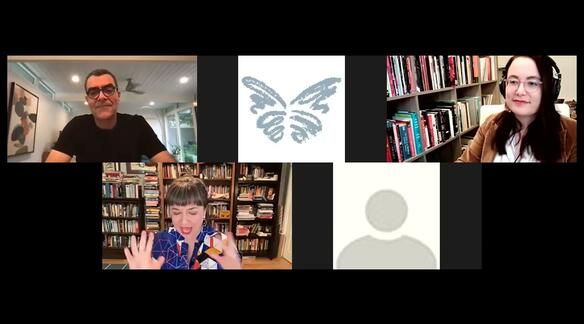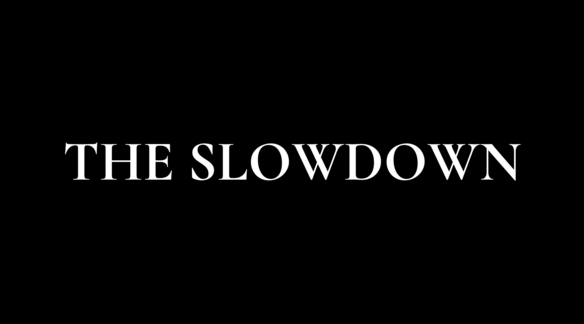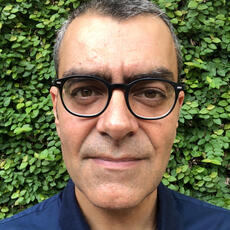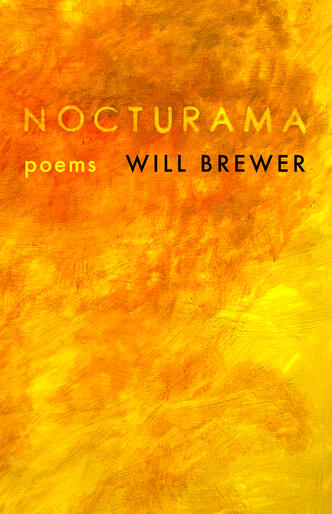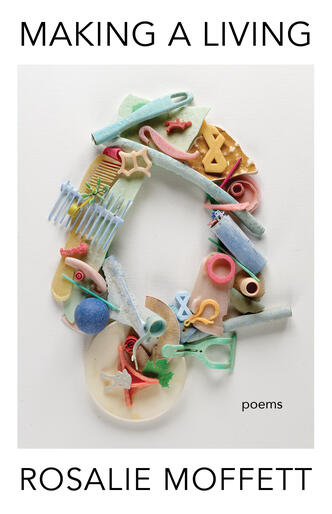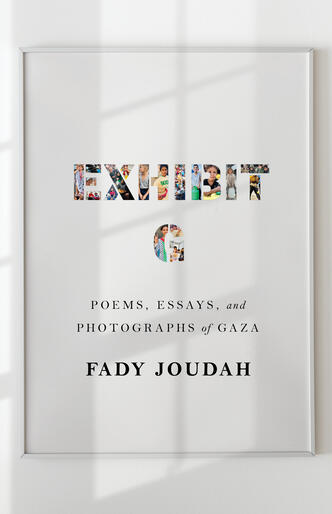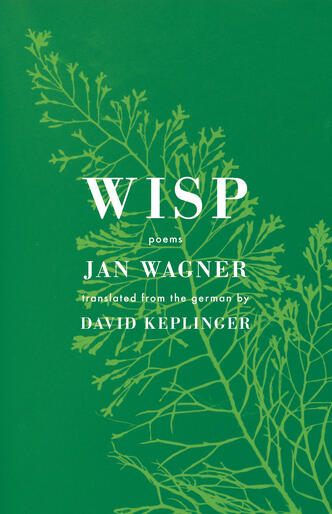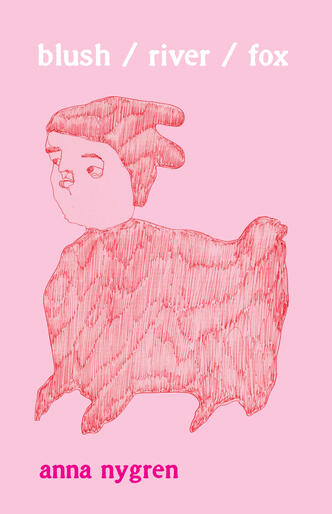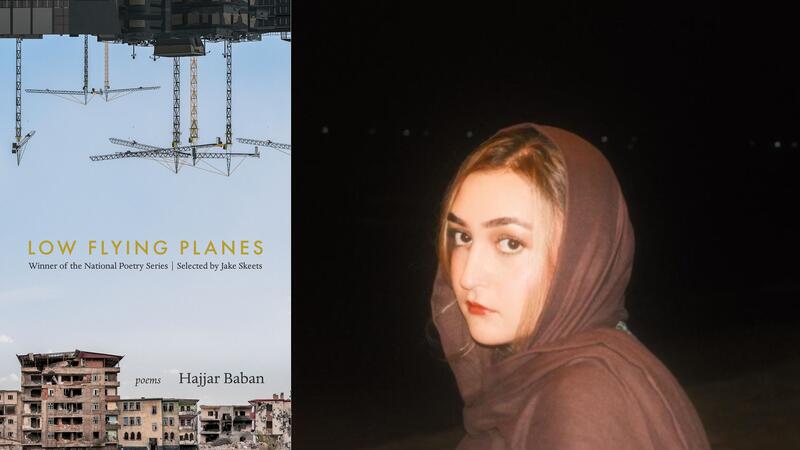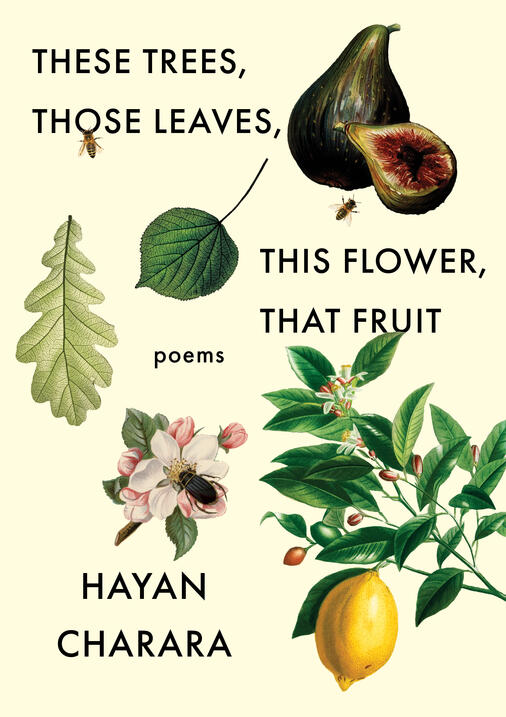
These Trees, Those Leaves, This Flower, That Fruit
Kingsley Tufts Poetry Award Finalist
A thoughtful new collection of poems, one that deconstructs the deceptively simple question of what it means to be good—a good person, a good citizen, a good teacher, a good poet, a good father.
With These Trees, Those Leaves, This Flower, That Fruit, Hayan Charara presents readers with a medley of ambitious analyses, written in characteristically wry verse. He takes philosophers to task, jousts with academics, and scrutinizes hollow gestures of empathy, exposing the dangers of thinking ourselves “separate / from [our] thoughts and experiences.” After all, “No work of love / will flourish out of guilt, fear, or hollowness of heart.” But how do we act on fullness of heart? How, knowing as we do that “genocide is inscribed in our earliest and holiest texts”?
Thoughtful but never preachy, Charara sits beside us, granting us access to life’s countless unglamorous dilemmas: crushing a spider when we promised we wouldn’t, nearing madness from a newborn’s weeping, resenting our lovers for what happened in a dream. “Good poems demand to be written from inside the poet,” we are reminded. And that is where we find ourselves here: inside a lively and ethical mind, entertained by Charara’s good company even as goodness challenges us to do more.
